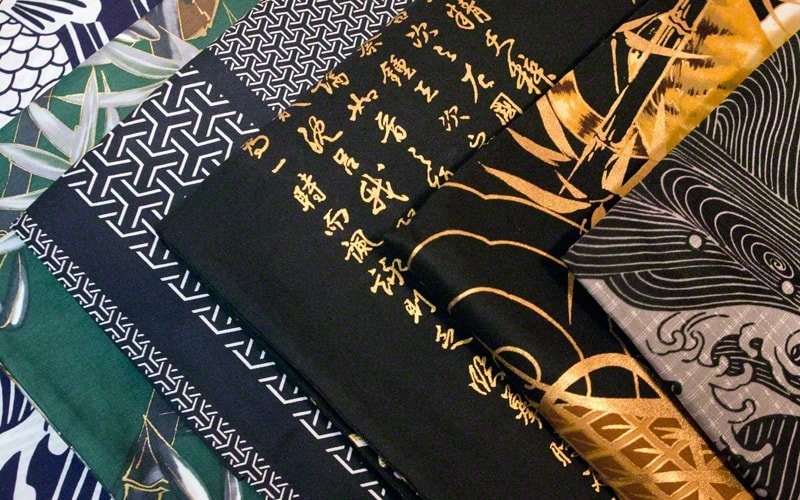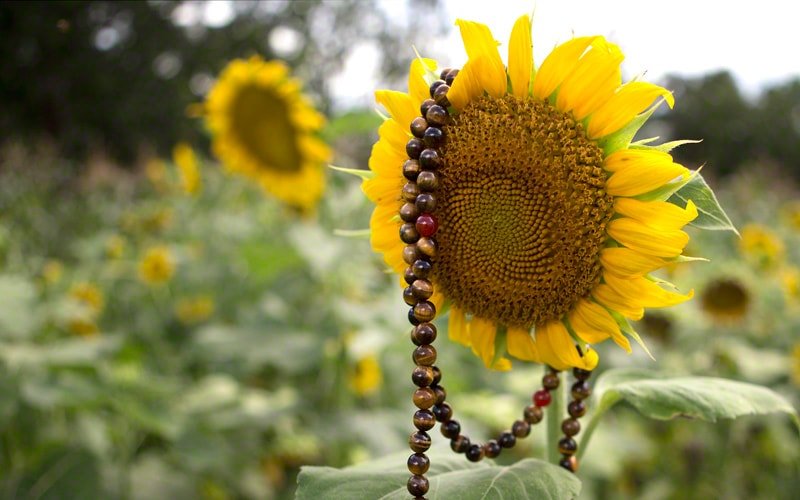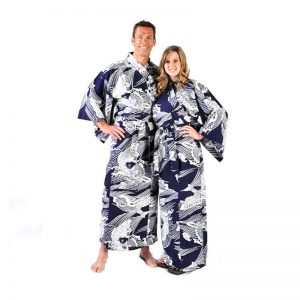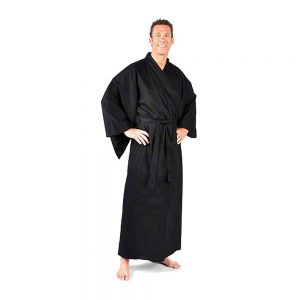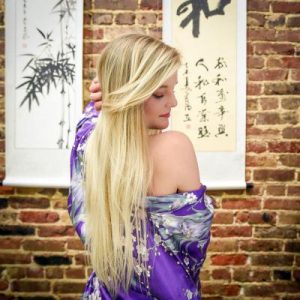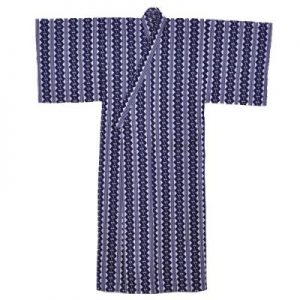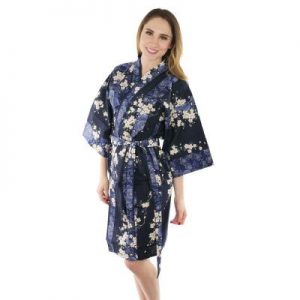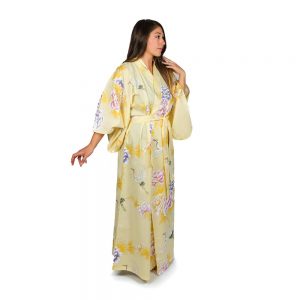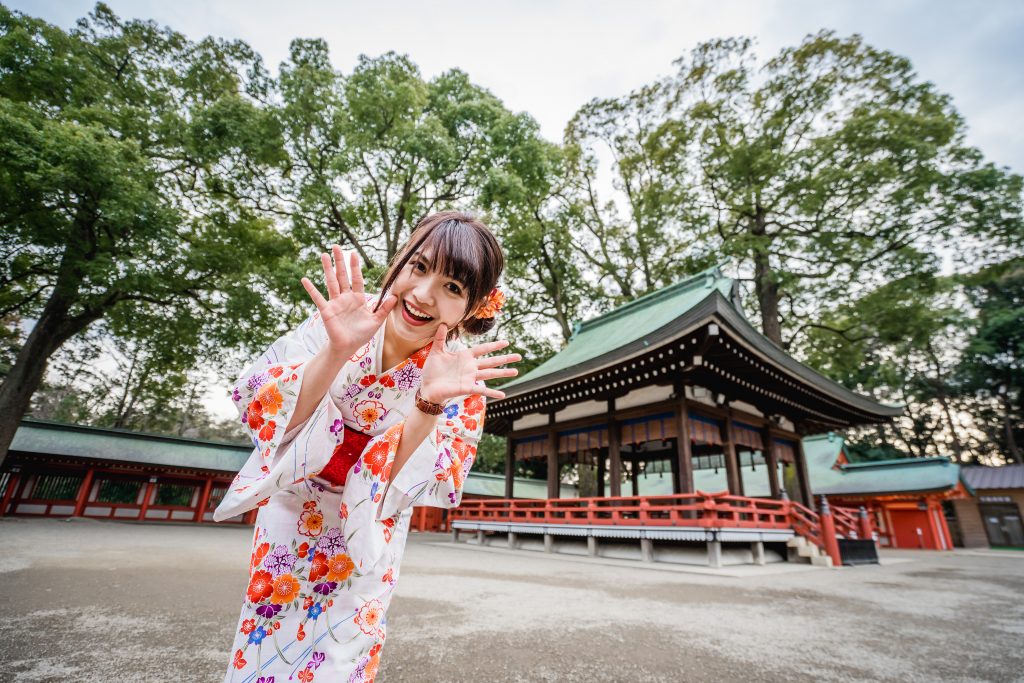With Father’s Day approaching, students’ graduations, birthdays, and weddings abound, why not make your life easier and give a Japanese kimono or Yukata as a gift?
Chopa is Your Kimono Source and the perfect place to find an authentic Japanese kimono robe as a gift for any occasion. Our online selection has something for everyone, with dozens of colors, patterns, and sizes to choose from. Plus, we offer free shipping on orders of $75 or more to anywhere in the USA. This includes Alaska and Hawaii.
A Kimono Yukata make the perfect gift because it can be worn for all sorts of occasions. Whether special events like weddings and graduations to everyday activities like running errands or lounging around the house. With our huge selection of kimonos and yukatas, you’re sure to find the perfect one for your loved ones. Japanese kimonos are the perfect way to show your loved ones how much you care.
If you are uncertain about which kimonos or Yukata to buy, we invite you to read on and see what our customer’s favorite choices are. Each month, we publish the Top five selling kimonos list. This allows all of our customers the chance to see what is hot, what is popular, and what others think was the best that month. Remember, the best thing about kimono shopping is that it is an individual decision. No one person can decide what you should wear. Often customers think about their own personal traits or the gift recipients and that helps them decide what theme would be most meaningful.
Here are the TOP 5 SELLING KIMONO and YUKATA for April 2022:
Yukata – Navy Tsuru – This beauty is actually being retired. The producer of the fabric has decided it has done its job and it was time to move on. We disagree because it was a long-time favorite of ours and many customers, but it is what it is. It is also on clearance, so long-time customers took advantage of the discount. It is still available in two sizes until they are gone forever.
Blue Koi Yukata – This blue and white yukata has a unique design of Koi fish swimming in the water. The fish is highly respected in Japan and translates to affection and love. In Buddhism koi represent courage. A long term favorite of customers, it frequently makes the top ten list. This style is also a favorite of interior decorators who like to frame them under glass and display on a wall. It really sets off a discussion when people come to visit. Nothing says Japan like a kimono.
Yukata – Eternal Chain – Symbolic in so many ways, this yukata has always been a core fixture in our online kimono shop. Chains that form a never-ending circle symbolize eternity. Eternal chains are symbolic of life, hope, and strength. The connectivity has no beginning or end and will go around in a circle forever. It may reflect your happiness with life, a situation in your career, a mantra you recite, something motivational, or our never-ending love for someone close to us, perhaps a spouse or significant other.
Yukata – Dragon and Bamboo – The story behind a kimono pattern often resonates with the buyer or the wearer in a special way. This cotton yukata is no different. The dragon and bamboo have been considered symbols of beauty and endurance throughout Japanese history into modern times. The dragon symbolizes water and is known for strength. Bamboo represents endurance and is believed to attract luck and prosperity. The navy blue and white color palette complements the water deity design of this robe
Yukata – Dragon and Hawk – If you want history and a lesson in life, this is the robe for you. This Japanese robe features two highly symbolic characters: the dragon and the hawk. The men’s yukata can be worn during celebrations, festivals, or lounging at home while cooling down from an afternoon of work in the sweltering heat! Yukata are versatile and can be used as a cover-up at the pool or after a bath or shower.
We invite you to shop our online store for dozens of patterns, colors, and sizes including plus-size and short-length robes. With so many options to choose from, you’re sure to find the perfect robe.

